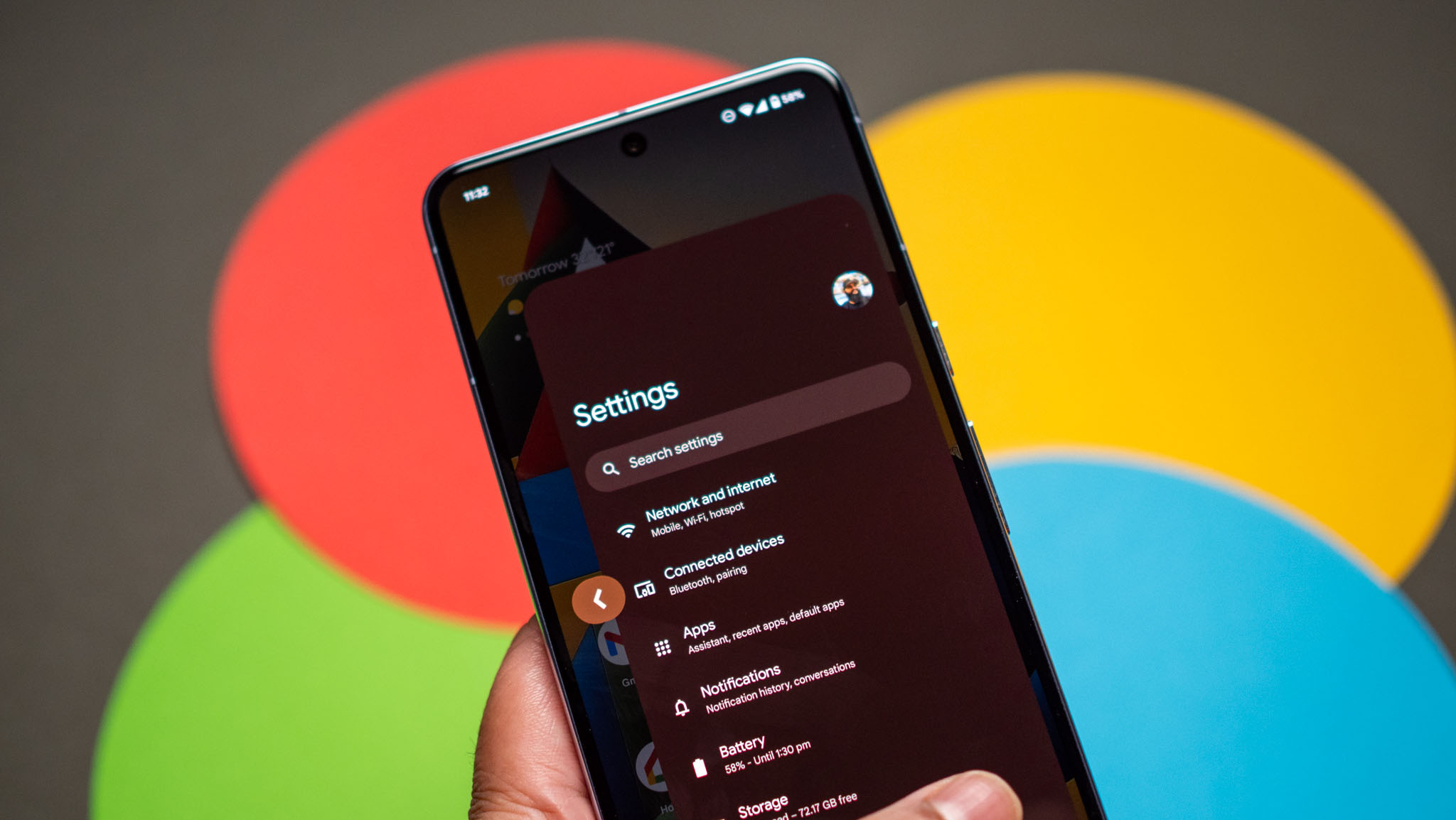
What you need to know
- Google announced the terms of a $700 million settlement that alleged it overcharged customers due to Play Store policies.
- As part of the deal, third-party payments will be allowed for in-app purchases. Previously, these were part of a limited pilot program.
- Google will also make sideloading easier and change the wording used to warn users about potential risks.
Google announced that it will be making changes to how payments and sideloading work on Android as part of a $700 million legal settlement. Following the deal, Google will allow third-party payments for in-app purchases across Android. Additionally, the company will make sideloading easier for Android users.
The case hinged upon whether Google's Play Store terms, which originally barred third-party payments, resulted in overcharging customers. This is related to Google's service fees, which can take up to 30% of developer revenue. For what it's worth, Apple takes the same revenue cut for purchases made on its App Store.
Google believes that Android is already an open platform but is making these changes to add user choice in light of the settlement.
"We demonstrated this in the recent trial and were disappointed that the verdict did not recognize the choice and competition that our platforms enable," the company said in the blog post. "While we are challenging that verdict and our case with Epic is far from over, we remain committed to continually improving Android and Google Play."
Arguably, the biggest change is the support of third-party payments for in-app purchases, which will be rolling out to all users in the U.S. Previously, Google had been testing the "user choice billing program" in a limited pilot program.
Now that it's available to all U.S. users, the option will be available to make purchases directly with a game or app developer. This will either result in lower prices for the user or more profit for the developer since Google's service fee can be avoided.
As part of the user choice billing expansion, developers will be allowed to show third-party pricing options. In the past, developers had to show alternative pricing options outside of their apps. Now, these options will be available directly in the app, making it easier for users to choose third-party payments.
Google will also tweak the wording that appears in warnings when you try to sideload apps on Android for the first time. There are security risks to sideloading, but Google says it will simplify the process.
These changes are all pending court approval, so it's unclear when they will actually go into effect.







